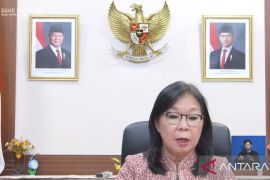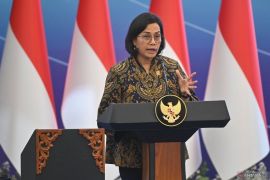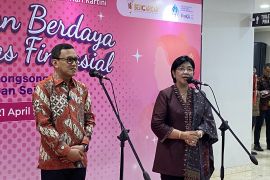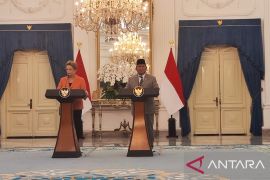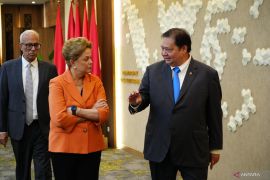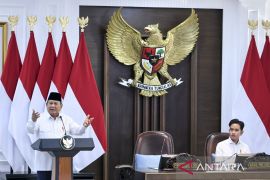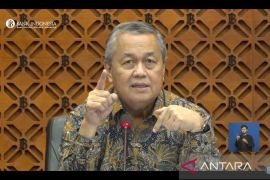Bank Indonesias Head of Policy and Payment Development System, Yura Djalins, stated here on Tuesday that the use of non-cash transactions will allow the monetary authority to curb and economize the operational budget for printing currency.
"Every year, Bank Indonesia spends Rp3 trillion for printing, saving, distributing, and destroying printed currency," noted Yura.
Yura explained that the use of non-cash transactions will also benefit the payments tracking system since records of transactions are maintained.
The transaction records can be used as a reference by the government to measure the economy and formulate development plans.
Generally, Yura explained that the recorded data revealed peoples demands and their spending behaviors, which can be used to identify areas of development and a suitable development model.
"If all transactions are recorded, it will become easier for the government to drive suitable development across each region," Yura emphasized.
Yura also underlined the benefit of non-cash transactions that can prevent money laundering crimes since every single transaction was recorded and can be traced.
"Therefore, we have to use non-cash transactions more," he reiterated.
Earlier, on Monday (Aug 18), three state-owned enterprise banks, Bank Mandiri, BNI, and BRI, had consolidated their electronic data captured (EDC Link) system to accommodate their customers non-cash transactions.
The consolidation of the three banks EDC was expected to increase the number of their business partners, and it is estimated that a total of 50 million customers of those banks will use non-cash transactions.
On a separate occasion, Bank Indonesia Governor Agus Martowardojo emphasized that in comparison with other ASEAN member countries, electronic system based non-cash transactions in Indonesia are still low.
In fact, Indonesia has a larger population and area, and hence, Agus noted that it is crucial for the country to expand the access to banking and purchasing system.
(Uu.A060/INE)
Reporting by Indra Arief Pribadi
EDITED BY INE
(T.A060/A/KR-BSR/F001)
Editor: Aditia Maruli Radja
Copyright © ANTARA 2014


